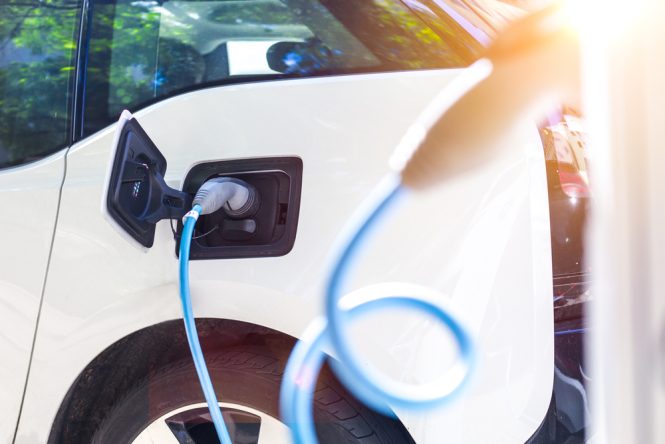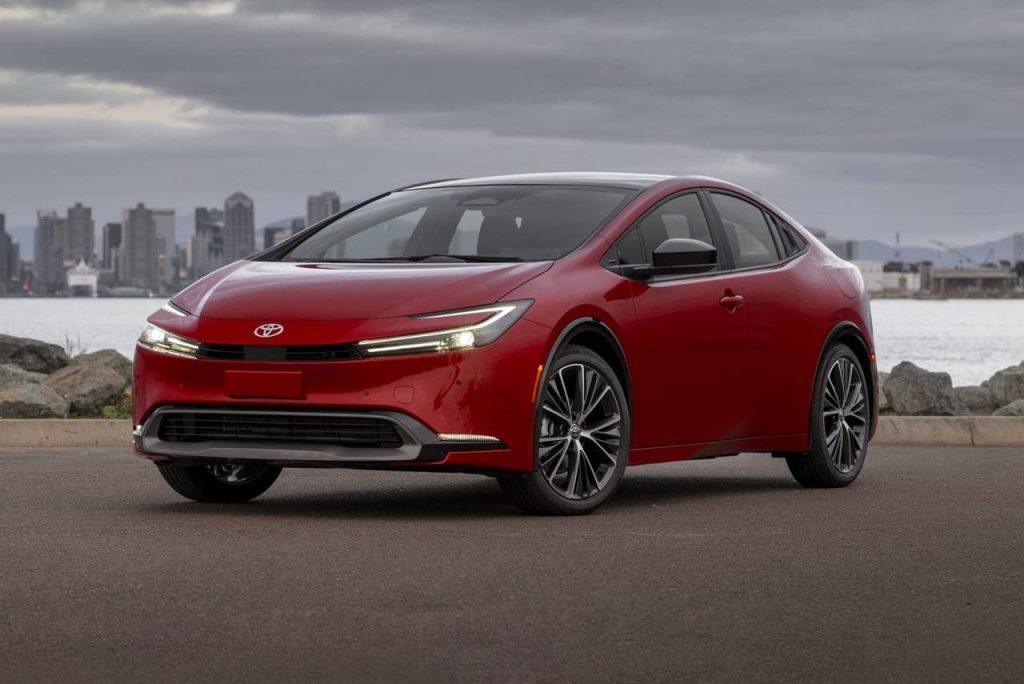

Choosing fuel-efficient vehicles for your business is more than just a smart move—it’s a strategic investment that can significantly impact your bottom line and your environmental footprint. A vehicle’s fuel efficiency can influence everything from operational costs to employee satisfaction, not to mention corporate social responsibility. This comprehensive guide explores the essential aspects of choosing fuel-efficient vehicles tailored to diverse business needs. We’ll delve into practical considerations, crucial factors to analyze, and specific examples to help you make the best possible choice for your business. This article will be structured as follows: first we will discuss factors to consider when selecting fuel-efficient vehicles; next, we will delve into the pros and cons of different vehicle types; finally, we’ll summarize our key takeaways and offer next steps.
Factors to Consider When Choosing Fuel-Efficient Vehicles
Evaluating Fuel Economy
Fuel efficiency is paramount when choosing vehicles for your business. Analyzing fuel economy ratings, considering driving habits, and understanding your typical routes are critical steps in the selection process. For example, a delivery service operating in a congested city might prioritize compact cars with excellent fuel economy over larger, less-efficient trucks for daily tasks. Understanding the vehicle’s fuel capacity also helps in assessing its overall efficiency, as well as comparing it to similar options. Furthermore, research vehicle reviews and compare various models to determine the most economical option based on your business’s needs. Fuel economy is influenced by several factors, such as engine type, vehicle weight, and aerodynamic design.
Understanding Vehicle Types and Their Efficiency
Related Post : High Fuel Costs Draining Your Business Profits? Efficiency Strategies.
Fuel-Efficient Conventional Vehicles
Conventional vehicles can still be fuel-efficient choices. Modern designs emphasize lightweight materials, aerodynamic shapes, and optimized engine performance. Hybrid vehicles utilize both gasoline and electric power, providing a balanced approach to fuel efficiency. Electric vehicles eliminate gasoline consumption entirely, offering the best fuel efficiency, but require a larger up-front investment and potentially longer charging times.
Comparing Different Vehicle Types
Businesses should carefully consider their operations when selecting between gasoline, diesel, hybrid, or electric vehicles. Factors like daily mileage, driving conditions, and available charging infrastructure should all be taken into account. Studies show that vehicles equipped with hybrid technology can yield significant fuel savings compared to traditional gasoline vehicles, while all-electric vehicles present the most substantial fuel savings, provided they are charged efficiently and in accordance with the specific charging needs and preferences. Consider the long-term operational costs, including maintenance, and research which vehicle type is most suited for your business’s needs.
Evaluating Maintenance Costs and Reliability
Understanding Maintenance Schedules
Regular maintenance is crucial for maintaining fuel efficiency. A well-maintained vehicle often performs better in terms of fuel efficiency. It’s important to analyze maintenance costs associated with different vehicles and compare them. Factors such as routine maintenance costs, potential repairs, and replacement costs should be carefully weighed against fuel savings. Comprehensive maintenance can help prolong the lifespan of your vehicle and enhance its operational performance.
Assessing Long-Term Ownership Costs
Beyond immediate costs, consider the total cost of ownership. Analyze the long-term expenses including parts and repairs, potential vehicle depreciation, and insurance costs. Consider which vehicle presents the most economically sound option while meeting the specific needs of your company, considering both fuel efficiency and overall expenses.
Selecting the Right Size and Features
Optimizing Vehicle Size for Business Needs
The appropriate vehicle size is crucial in optimizing operations. Small vehicles with optimized fuel efficiency are suitable for local deliveries or smaller tasks. Larger vehicles, potentially with improved cargo space, might be suitable for hauling larger goods. If a specific size has a higher cost per mile, a vehicle with better fuel efficiency may be the more financially practical choice.
Prioritizing Essential Features
Prioritize essential features over unnecessary ones. While advanced features can be beneficial, they often come with increased costs. Focus on features that directly support your business operations, rather than luxurious add-ons that might not offer a worthwhile return on investment.
The Environmental Impact of Your Choices
Exploring Eco-Friendly Options
Consider the environmental impact of your choices. Businesses are increasingly aware of their impact and choosing eco-friendly vehicles can enhance brand image and demonstrate a commitment to sustainability. Evaluating the environmental performance of each vehicle type, including fuel efficiency ratings, emission standards, and the material usage, is paramount. Opting for hybrid or electric vehicles shows a responsibility to reducing your company’s carbon footprint.
Balancing Cost and Sustainability
Find a balance between cost-effectiveness and sustainability when making a choice. Sometimes a less eco-friendly but cost-effective option is more financially sound. However, consider the potential long-term cost savings and environmental benefits of more sustainable choices, which may be a better strategic move.
Choosing fuel-efficient vehicles is crucial for optimizing your business’s bottom line and reducing your environmental footprint. By evaluating factors like fuel economy, maintenance costs, and vehicle size, businesses can select the ideal fuel-efficient vehicle for their specific needs. Remember to factor in long-term costs when making your decision and consider exploring options like hybrid or electric vehicles for significant fuel savings. Conduct thorough research, compare models, and consult with experts to make an informed purchase that will benefit your company in the long run.